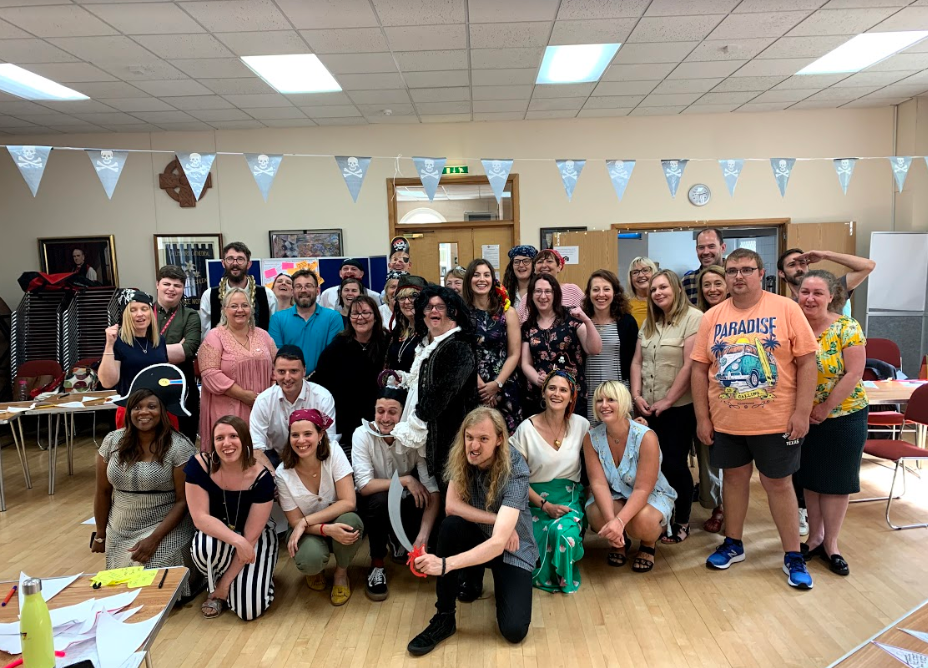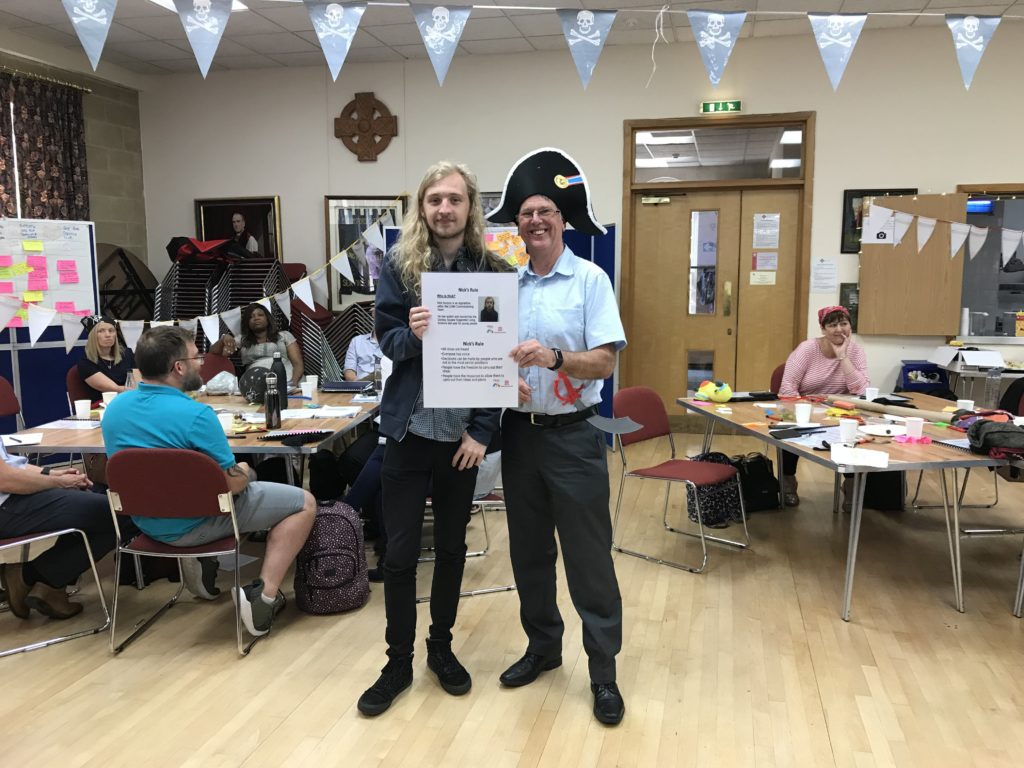How did the Essex 100 Day Challenge focusing on Learning Disabilities and Autism challenge assumptions and allow people to have their voices heard?
Essex’s most recent 100 Day Challenge has come to an end and, as the dust has settled, the People Powered Results team have had the chance to reflect on what made the Challenge such a unique experience for us and those taking part.
The focus of the Challenge was to help Essex County Council and communities to learn how to support people with learning disabilities and autism to live a meaningful life. Three teams across the county tested sixteen ideas ranging from new ways of supporting young people into employment, to bringing health services into the community and setting up an inclusive cricket team.
The Challenge gave team members the space to collaborate and build on each other’s expertise – it involved more than 36 organisations and 23 people with learning disabilities and autism, working together to improve outcomes for more than 300 people.
Whilst many of the ideas have had a transformative impact on people with learning disabilities and autism, something unexpected also emerged from the Challenge that has started a new way of working across Essex County Council’s Adult Social Care department.

Allow us to introduce ‘Nick’s Rule’
In a nutshell “Nick’s Rule” is an approach to decision making that makes sure everyone has an equal voice and the opportunity for their ideas to be heard. It is the brainchild of Nicholas Bunyon who, during the 100 Day Challenge, was taking part in a supported internship programme for young people with learning disabilities and autism at Essex County Council.
So how did the rule come about?
Nick was part of the ‘leadership team’ – a group of decision makers, service managers, and commissioners from Essex County Council and organisations across Essex who provided oversight and enabling support for the 100 Day Challenge. Nick explains:
“It all started on the Day 25 event of the 100 Day Challenge. This was a leadership meeting where a lot of things were said about why the challenge might not work. I then expressed my own ideas and said what was on my mind, being passionate about changing the way things are currently done and run.”
Nick’s ideas formed the basis of a set of rules that Nick worked on with people in the council and community groups to develop into a quality standard and assessment tool. This tool aims to ensure:
- All ideas are heard
- Everyone has a voice
- Decisions can be made by people who aren’t in the most senior positions
- People have the freedom to carry out their ideas
- People have a budget to allow them to carry on with ideas and plans
So far Nick’s Rule has been used across the Adult Social Care department at the council. Social workers now use it in their reviews and team meetings, as well as at the Forums that they hold to discuss individual cases.

“Being part of the leadership team was really interesting as it gave me a sense of responsibility. It also gave me an insight as to how a group like that might work. If I wasn’t part of the leadership team, I don’t think Nick’s Rule would’ve come about, it was only because I was on the team that it did. Now, hopefully,Nick’s Rulewill help change the way Essex county council is structured and allow people to feel more at ease with things they may want to do.”
– Nick
